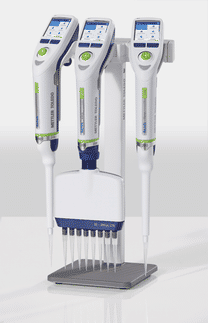To use all functions of this page, please activate cookies in your browser.
my.chemeurope.com
With an accout for my.chemeurope.com you can always see everything at a glance – and you can configure your own website and individual newsletter.
- My watch list
- My saved searches
- My saved topics
- My newsletter
Simmons-Smith reactionThe Simmons-Smith reaction is an organic reaction in which a carbenoid reacts with an alkene (or alkyne) to form a cyclopropane. Thus, cyclohexene, diiodomethane, and a zinc-copper couple (as (iodomethyl)zinc iodide, ICH2ZnI) yield bicyclo[4.1.0]heptane. Product highlightAlternatively, diethylzinc is used instead of the zinc-copper couple. The Simmons-Smith reaction is generally subject to steric effects, and thus cyclopropanation usually takes place on the less hindered face. However, when hydroxy substituents are present on chiral carbons, the zinc coordinates with the hydroxy substituents, directing cyclopropanation to the same face, which may or may not be sterically favorable : The Simmons-Smith reagent, namely diiodomethane and diethylzinc, can be react with allylic thioethers to generate sulfur ylides, which can subsequently undergo a 2,3-sigmatropic rearrangement, and will not cyclopropanate an alkene in the same molecule unless excess Simmons-Smith reagent is used: References
Categories: Addition reactions | Carbon-carbon bond forming reactions |
| This article is licensed under the GNU Free Documentation License. It uses material from the Wikipedia article "Simmons-Smith_reaction". A list of authors is available in Wikipedia. |







